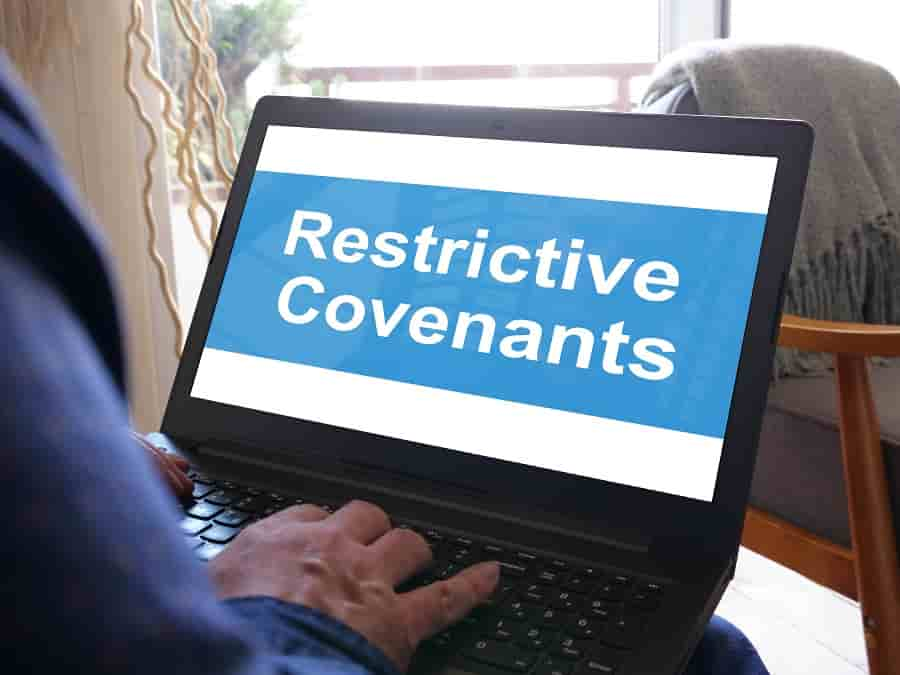Restrictive Covenants in Your Employment Contract
The Workers Union is committed to ensuring that you are informed about crucial aspects of your employment contract and your employment rights, particularly those that may impact your future career opportunities. One such significant aspect is “Restrictive Covenants”.
Restrictive covenants are a type of clause found in many employment contracts. They’re designed to protect a company’s legitimate business interests – such as its trade secrets, client connections, and workforce stability – by placing certain limitations on employees’ activities during and after their tenure at the company.
These restrictions often fall into the following categories:
- Non-competition clauses: These prevent you from working for a competitor or setting up a competing business for a certain period after your employment ends.
- Non-solicitation clauses: These prohibit you from encouraging clients, customers, or colleagues to leave and join you at a new company.
- Non-dealing clauses: These stop you from dealing with clients or customers of the former employer, even if you do not actively solicit their business.
- Non-poaching clauses: These prevent you from enticing your former colleagues to join you at a new company.

The extent to which these covenants are enforceable depends on their reasonableness. According to UK law, to be considered reasonable, restrictive covenants must:
- Protect a legitimate business interest: This could include the business’s trade connections, trade secrets, or workforce.
- Extend no further than is necessary: The restrictions imposed should be the minimum required to protect the company’s interests. They should not be overly broad in terms of activities restricted, geographical reach, or duration.
We encourage you to thoroughly review your employment contracts for any restrictive covenants and join us or seek legal advice if you’re uncertain about the potential implications. It’s essential to understand that a breach of these covenants can result in severe consequences, including legal action from your former employer.
It’s worth noting that courts in the UK have become increasingly willing to uphold reasonable restrictive covenants. However, if a covenant is found to be unreasonable, it may be deemed unenforceable. If you’re concerned about the potential impact of a restrictive covenant on your future career, you should seek professional legal advice.
The Workers Union is here to provide you with information, guidance, and support. If you have any questions or concerns about restrictive covenants or any other aspect of your contractual obligations, please don’t hesitate to get in touch with us.
We are committed to supporting your rights as workers, ensuring fair terms and conditions of employment, and maintaining transparency on these crucial issues.
Frequently Asked Questions
A restrictive covenant is a clause in an employment contract that imposes certain limitations on an employee’s actions during and/or after the period of their employment. Common types include non-compete, non-solicitation, and non-disclosure covenants.
Restrictive covenants are generally enforceable in the UK as long as they are reasonable and designed to protect legitimate business interests, such as trade secrets or client relationships. Courts will consider factors like duration, geographic scope, and the nature of the restriction when determining enforceability.
The duration of a restrictive covenant can vary but must be reasonable. What is considered “reasonable” depends on the specific business interest the employer is trying to protect. Typically, non-compete clauses last for a few months to a year after employment ends, but this can differ based on the industry and role.
Yes, restrictive covenants are often negotiable during the employment contract negotiation process. If you find a covenant to be overly restrictive or unreasonable, it may be possible to negotiate its terms before signing the contract.
Breaching a restrictive covenant can result in legal consequences, including the possibility of your former employer taking you to court. Remedies can include injunctions to stop the prohibited activity and financial damages for any loss caused by the breach.



